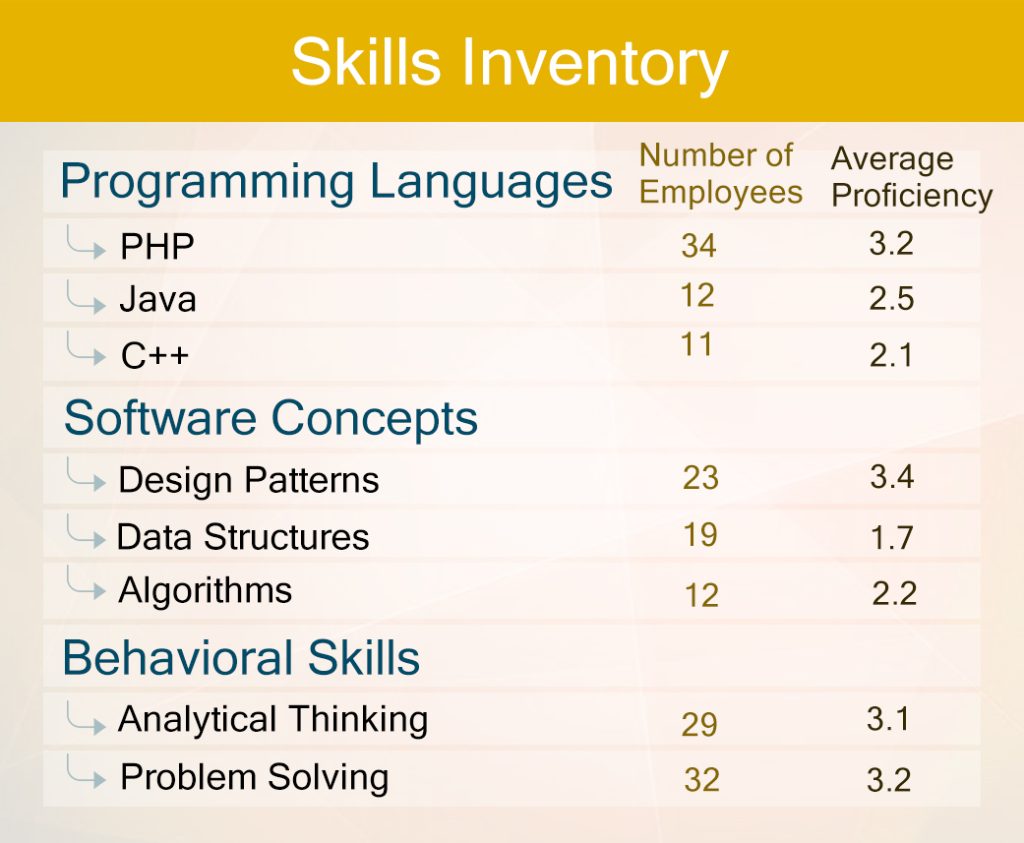As we enter 2024, there’s growing talk of the “4-day work week” across many countries. Whether that “dream” is realized or not, today’s reality is that human workers are spending more time with their “work family” than at home with their “real” family.
How much of their work time is spent on productive work? Here are some eye-opening statistics:
- Digital workers produce 6 hours and 59 minutes of their work day in productive work.
- 72% of workers say they can complete 30% more work each working day if they have the right automation tools.
- 71% of business leaders are being pressured to increase employee productivity.
- Productive employees use AI and automation tools in their daily work.
The “sad” reality is that only 23% of global employees are actively engaged with their work and workplace. 59% of employees are “doing the minimum” or “quietly quitting.”
What’s the solution to this problem? Employee relations! This is essential in any organization to improve employee engagement and boost their overall productivity. What are employee relations – and how can HR management build a positive relationship with their employees? Let’s discuss this through this blog.
What are Employee Relations?
To put it simply, employee relations are a means of building a positive relationship between employers and employees. Employee relations are different from labor relations, which are more concerned with labor laws and union-based workforce practices.
Employee relation is a non-legal term that aims to improve the communication between employees and the management team. It’s driven by a positive work culture that focuses on the individual, team, and the organization at large.
Through employee relations, the HR leadership team works with employees and management teams to develop “fair and effective” HR policies that can enhance workforce productivity and employee satisfaction.
Also Read:- My Understanding of Big Data and What it Means for HR
Why are Employee Relations Important?
Employee relations are important for organizations who want to improve employee productivity, engagement, and motivation. The company’s HR department is instrumental in improving employee relations and making it beneficial to the company.
Here are some of the benefits of employee relations for the organization:
1. Improved Workforce Engagement
With effective employee retention strategies, employees are more likely to be motivated to perform at their best. This, in turn, leads to higher productivity.
2. Higher Employee Retention
Highly engaged employees are unlikely to leave the company, thus contributing to lower attrition and higher retention rates. This benefits the company by lowering its recruitment costs for hiring and training new employees.
3. Improved Brand Reputation as a “Good” Employer
Effective employee relations can build employee satisfaction, thus helping build the company’s reputation as a “great place to work.” This enables the organization to hire new talent easily through an improved market perception.
4. Job and Career Benefits for Employees
Employees can also benefit from higher job satisfaction and career advancement through employee relations. An environment that fosters positive employee relations can also contribute to their health and well-being – and help them acquire new skills.
5. Addressing Organizational Challenges
In a positive work environment, employees are “freer” to share their concerns and questions with their managers and HR teams. Through this open communication, HR managers can proactively address issues hampering business growth.
Having understood the multiple benefits of effective employee relations, let’s discuss how HR teams can implement it in the next section.
How HR Teams can Build Employee Relationships
As mentioned before, the HR team has an important role to play in building employee relations. Here are some of the best practices and strategies that they can implement:
1. Encourage Open Communications
Open and effective communications are the “cornerstone” of employee relations. HR teams must implement an efficient “two-way” communication system at all hierarchy levels in the organization. Some of the popular communication tools include instant messaging, emails, and collaboration platforms.
HR managers can also encourage employees to “voice” their concerns and queries through company surveys, town halls, and online feedback forms. When employees are “heard,” they feel more bonded and valued within the organization, thus boosting employee relations.
2. Create Cross-Functional Teams
A cross-functional team comprises members with different job roles and diverse skill sets – who come together for a specific project or business goal. Through these teams, an employee (with a particular skillset, for example, sales) can interact with employees from other departments (for example, product development or inventory).
Cross-functional teams can “brainstorm” a specific business problem and find the right solution. Individual members also learn about an “innovative” idea or gain knowledge (outside the scope of their designated job role).
3. Resolve Disputes at The Earliest
Workplaces with unresolved disputes contribute to employee dissatisfaction and disengagement. Hence, organizations need effective dispute resolution as part of their employee engagement strategies. This includes a “trustworthy” mechanism for settling disputes between managers and team members – or between team members.
The HR’s role in dispute resolution is to train every business manager (or head) on how to mediate and address disputes. With a bit of foresight, managers can also “preempt” conflicts – before they become unmanageable in the future.
4. Engage in Team-Building Activities
HR teams can engage their workforce in several indoor or outdoor team-building activities. This enables employees to interact “informally” with other employees with whom they have no (or minimum) interaction for work-related tasks. Team-building activities help in improving communication, problem-solving skills, and decision-making.
Team-building activities are effective for team collaboration and exchange of ideas and suggestions.
5. Invest in Employee Training and Development
Without ample training and development opportunities, employees are unlikely to stay for long in any organization. Online training and mentoring programs can help employees learn new skills, thus boosting employee relations. Additionally, HR teams can register employees for industry conferences and external training programs depending on their job role.
With this investment, organizations show that they care about the employee’s skill development and career progression. Even if they leave the company later, they will likely recommend your company to other job applicants.
6. Conduct 1-1 Meetings
1-1 meetings with individual employees are the best mode of promoting employee relations. Typically, team managers can conduct 1-1 meetings with individual team members to discuss their concerns, suggestions, and how they can improve their work. These meetings are more regular and different from performance appraisals.
Through continuous feedback and improvement, managers can identify their organizational strengths and areas of improvement. Based on feedback from managers, HR personnel can then design the best HR management strategies for the future.
Employee Relations Skills That HR Professionals Must Have
To be successful in employee relations, HR professionals need a variety of key skills and strategies. Here are some of the essential skills:
1. Listening Skills
First, HR professionals must have active listening skills to empathize with their employees. Through proper listening, HR professionals can create a positive work environment that values employee’s concerns and suggestions.
2. Communication Skills
Besides listening, HR professionals need exceptional communication skills to build employee relations. This includes clearly communicating the company’s HR policies and a timely flow of the latest developments to prevent rumors or disinformation among employees.
3. Negotiation Skills
HR professionals also need efficient negotiation skills whenever the organization has to decline a pay raise or promotion for any employee. Through proper negotiations, HR managers can maintain the harmony between employers and employees – and find a solution acceptable to both entities.
4. Analytical Skills
To build positive employee relations, HR professionals also need excellent analytical skills to assess the current state of employee engagement and retention. Using real-time data, they must accurately extract valuable insights and make the right decisions. For example, analyzing the causes for the high rate of employee attrition. Additionally, they need to act on these insights and develop the right solutions.
Conclusion
It is the HR team’s responsibility to foster positive employee relations in every company. Their role in employee relations is to ensure that their employee’s needs and concerns are addressed to maintain a positive work environment. HR professionals also need skills to empathize with employees – along with effective communication skills to convey critical information that could impact their work.
A well-designed employee skills management (ESM) tool can immensely help develop employee skills – including that of your HR team. But how do organizations know which employee skills to focus on? This is where a skills platform like IYS can make a difference.
At IYS Skills Tech, our Skills Taxonomy platform provides a complete database of the most in-demand skills across all industries. Using Skills Analytics, organizations can also capture real-time skills in their existing workforce.
If you want to know about our offerings, feel free to drop us a message at connect@iysskillstech.com.





